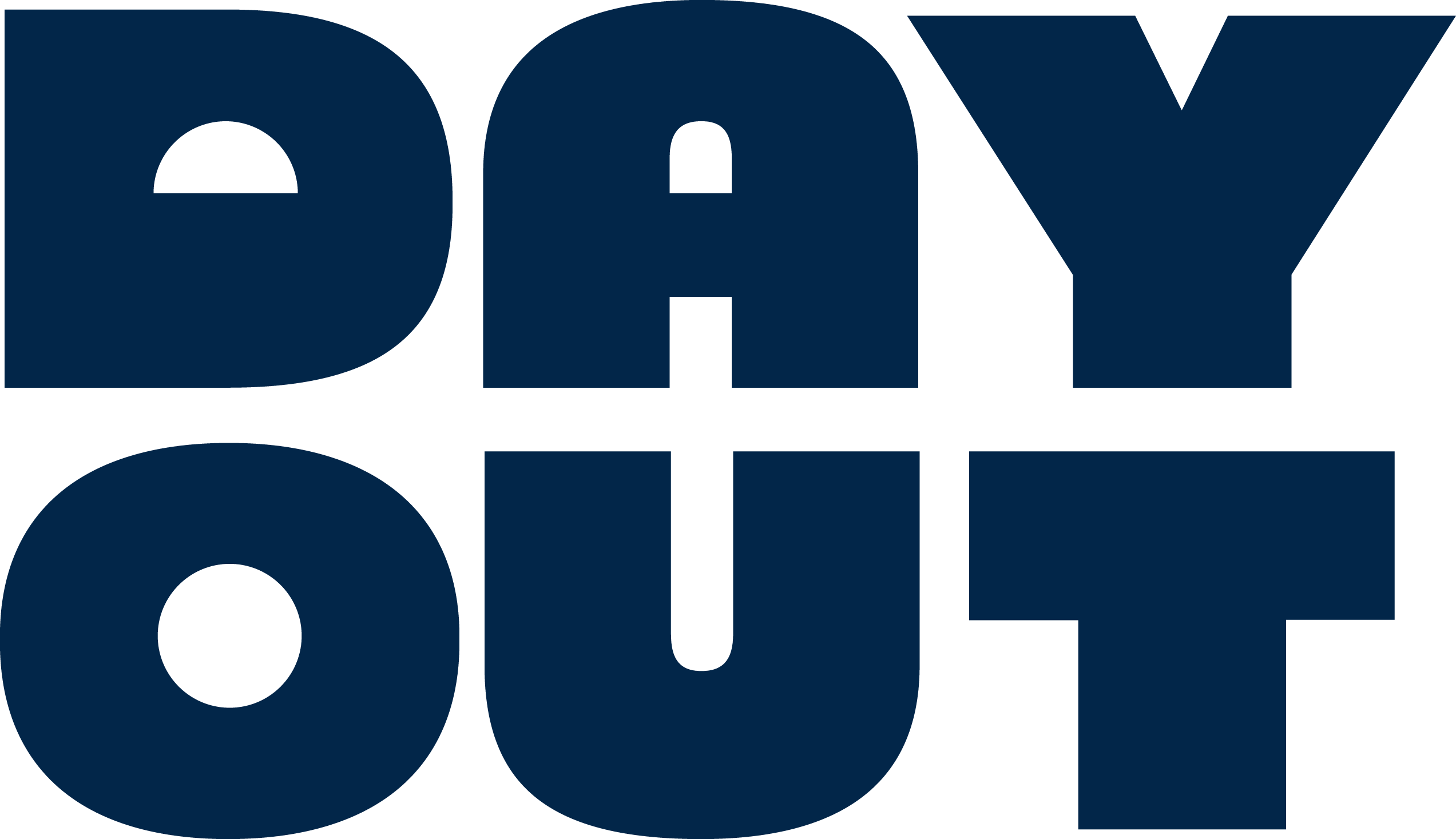Dive Brief:
- Ahold Delhaize is up to the online challenges presented by a now-familiar list of grocery e-commerce competitors, such as Amazon, Whole Foods, Walmart and a host of traditional supermarket chains led by Kroger, Dick Boer, chief executive officer of the company told Bloomberg Wednesday. Boer told the news site that Ahold Delhaize's e-commerce advantage is that it offers home delivery while most of its competitors only have click-and-collect.
- The interview follows a fourth quarter report this week that net sales for the overall company had increased 1.6%. Pro forma net online sales were up 23.2% at current exchange rates, according to a press release. Fourth-quarter profit margins were ahead of analyst expectations. In his third quarter comments in November, when e-commerce sales had risen 20%, Boer had noted the increased competition, and the company's failure to integrate its online ordering and delivery service, Peapod, with its network of stores were a factor.
- During the company's earnings call, Boer commented on speculation that he will soon step down and be replaced by deputy CEO Frans Muller: "I'm sitting here today and serving our customers every day and our associates with great pleasure. So I think we should leave at that for now."
Dive Insight:
Food retailers' e-commerce performance is being scrutinized as never before. With Amazon, Whole Foods and Walmart raising the stakes in online grocery sales, this is increasingly seen as a crucial indicator of a retailer's future success and its survival.
Ahold Delhaize's online sales increases were about the same in the third and fourth quarter, yet Boer's comments on each occasion had a slightly different nuance. Last fall, he outlined why the results weren't better. In the most recent report, Boer said he is optimistic despite the increased rivalry because of his company's experience in home delivery. Ahold Delhaize's e-commerce efforts are generally on track, although the Peapod division needs more attention.
Ahold Delhaize's online sales increase of 23.2% was about the same as Walmart’s in the fourth quarter.
In this week's earnings call transcript, Jeffrey Carr, Ahold Delhaize's chief financial officer, noted the company is close to 50 stores offering the Hannaford To Go click-and-collect concept, and working on an Instacart test at Food Lion, as well as click-and-collect. Carr said percentage-wise, online sales make up "close to 2% of our business in the U.S. So it's a market which continues to grow and gives us opportunities for the future."
Ahold Delhaize has long maintained that its U.S. brick-and-mortar presence gives it an advantage when it comes to e-commerce. Peapod, for example, can take unused storage space in a Giant, Food Lion, Stop & Shop or another one of its banners and turn it into a mini-warehouse to complete orders for area customers. Then Peapod, which emerged from the dotcom implosion unlike Webvan and HomeGrocer and other online operators, can use its network and 30 years of experience to deliver groceries more efficiently.
Still, Walmart, which has been growing its online operations, while expanding its curbside pickup program, has a host of advantages tied to its wide geographic presence of nearly 5,000 stores, shrewd investments in companies such as Jet.com, and large cash stockpile from which to invest. Meanwhile, Amazon continues to extract synergies from its purchase of Whole Foods last year.
With online shopping forecast to reach $100 billion as early as 2022, and 70% of people occasionally shopping for groceries online by that time, there will be a large market that Walmart, Amazon, Ahold Delhaize and others can grab. But Amazon and Walmart are fierce competitors who have shown the ability to pivot quickly despite the occasional stumble, giving experienced players in the space like Ahold Delhaize a challenging road ahead despite their current successes.








